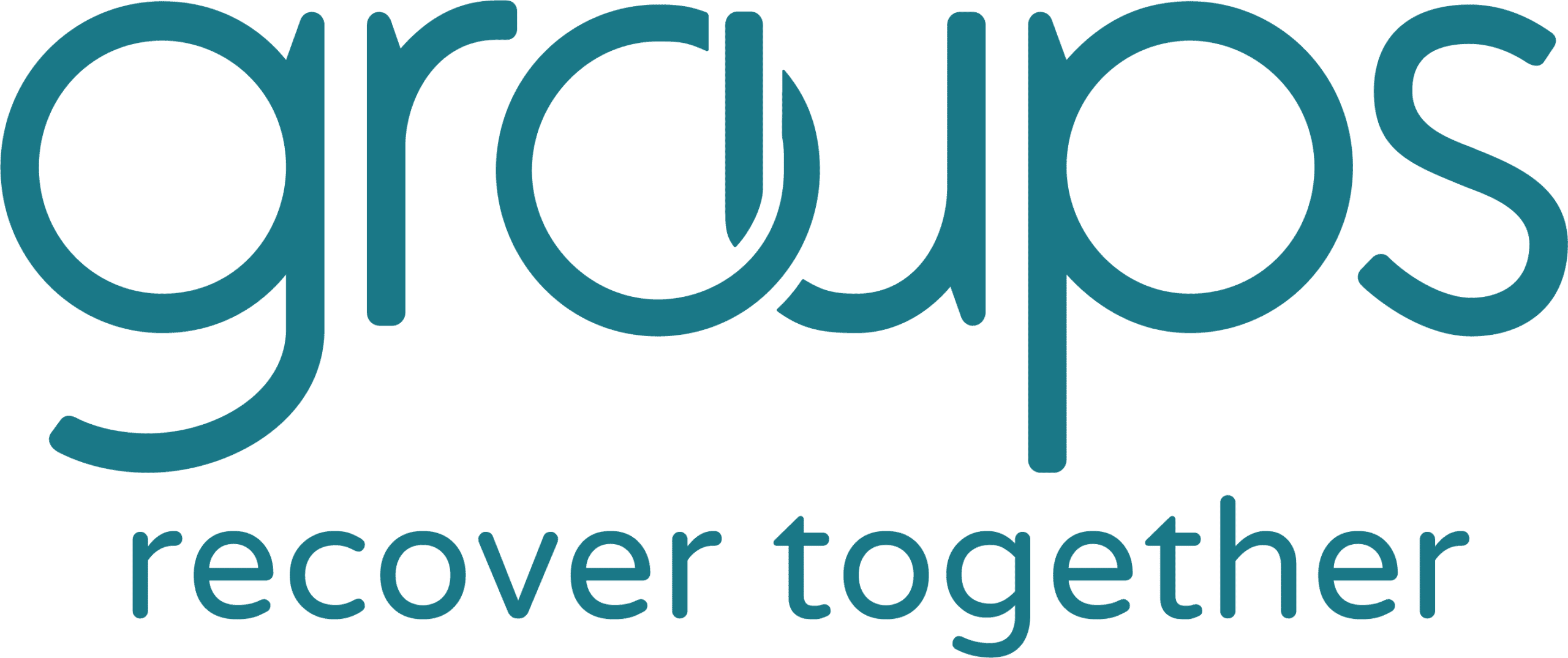For those who are ready to end opioid use and change their lives for the better, access to treatment is essential. Research shows us that different treatment strategies can be helpful. Not all treatments will work for everyone. Each person needs a unique combination of treatments and support to build a solid foundation for life after opioid use. Learning about different approaches can help you assess your options and work with providers to create the best plan for you.
Maybe you’ve heard that certain treatments for opioid use disorder (OUD) are “evidence-based practices.” This essentially means that care providers integrate the best available research with the “evidence” of each person’s personality, culture, and preferences to determine what will work best for them. The treatments we use at Groups are evidence based in every sense of the word.
In this blog post, we’ll talk about eight research-backed treatments that help with opioid use disorder.
8 research-backed treatments for opioid use disorder
Each treatment listed here has been tested by researchers and leads to consistently positive results. However, outside of these studies, there’s a bit more flexibility. Care providers may use their skills to combine different aspects of these treatments. Your recovery experience should have a natural flow. Your care providers are there to help you uncover what you’re struggling with and what goals you want to work on. It’s their job to figure out what treatments you need. All you have to do is keep showing up for yourself and be honest about what you’re going through.
The following are eight research-backed treatments that help with opioid use disorder:
- Medications for opioid use disorder (MOUD) treatment — Receiving MOUD is considered a gold standard in the treatment of OUD. Suboxone is generally considered safer and creates better health outcomes than methadone, which is another option. This is because the ingredients in Suboxone aren’t as likely to cause overdose or negative health effects. It doesn’t cause as much of a “high” as methadone. People are also less likely to try to snort or inject Suboxone because this can cause sudden, intense withdrawal symptoms.
- Cognitive behavioral therapy (CBT) — CBT is a structured yet flexible approach to understanding your thoughts and feelings and making intentional choices. The therapist asks questions to help you reflect and notice patterns in your life. As you develop your awareness, you can start to make decisions that align with your values. Brief intervention is a concentrated version of CBT that’s specific to substance use treatment. It can help you start to see how your behavior may be hurting you and consider what you might do differently. It can make a big impact in only four sessions or fewer.
- Motivational interviewing — Motivational interviewing can help you find your first steps forward when you’re feeling stuck or conflicted. The therapist mostly listens, and they ask open-ended questions to help you express your point of view. They try to balance active listening with sharing information and advice. Often, this process helps uncover negative thoughts and self-doubts that can be reframed. It helps you see possibilities you couldn’t see before and find practical solutions.
- Relapse prevention — Relapse prevention involves learning to see relapses as a multistep process and understanding triggers that make you want to use. You work on relaxation techniques and strategies to stop a relapse before it happens. Making positive life changes, asking for help, and practicing self-care are important parts of relapse prevention. The values of honesty and integrity help ensure that the process will keep working.
- Anger management — Anger is a natural part of life. It’s our response to it and our behaviors that can be toxic or unhealthy. Out-of-control anger can have a negative impact on your relationships and fuel opioid use. Like relapse prevention, anger management can help you work through your anger before it gets out of control. It involves techniques to process and defuse your anger. It takes some reframing as well as problem-solving and communication skills. Ultimately, people start to recognize the things they can and can’t control. Then they can take responsibility for their anger.
- Group therapies — Most of the treatments we offer are provided in a group setting. Connecting with a group of your peers during the first stages of recovery can provide the inspiration and motivation you need to stick with it when things get difficult. Sharing what you’re going through can help you feel seen and validated. Hearing other people’s real-life stories can give you some perspective on your own experiences.
- Positive reinforcement — Our group therapy model is based on community reinforcement plus vouchers. This is basically a reward system where peers can cheer each other on and celebrate their progress together. We award members with points for each negative drug screen, and points can be redeemed for prizes. Receiving tangible rewards can give you something to look forward to and make you feel like your effort is paying off.
- Matrix model — The Matrix model is named after the Matrix Institute, where it was created. This model is a format for intensive outpatient programs (IOPs), integrating support groups, family therapy, and more. CBT, 12-step facilitation, and other treatments on this list fit into the Matrix model.
Get personalized, effective treatment for OUD at Groups
If you’re searching for the most impactful OUD treatments, Groups may be a good fit for you. Suboxone and support are at the heart of everything we do. We get to know each member on a personal level so we can provide exactly the care you need. Your licensed counselor and your peers will be there to help ensure that you never have to feel alone on your journey to recovery.
The three parts of our comprehensive treatment approach are:
- Medication — You’ll work with a qualified provider to find out if Suboxone is right for you or if another medication would be a better fit. Then, they’ll help you find the right dosage and manage any withdrawal symptoms or side effects that come up.
- Counseling — Your counselor will help you understand the factors that impact your opioid use. They’ll also help you reconnect with yourself so you can uncover what you want in your next phase of life. Then, they’ll help you identify the resources and skills you need and put them in place for long-term success.
- Support groups — Connecting with your peers in recovery is essential. They have a special understanding of what you’re going through because they’re trying to stop using opioids, too. Your peers can be a great source of inspiration and hope. You’ll also learn by participating that you can make a positive impact on others.
We offer virtual treatment to make OUD treatment more accessible to people who otherwise may not receive it. It also helps us personalize care for each person on another level. We offer virtual treatment programs conveniently through the Groups’ mobile app. Contact us with any questions about virtual or in-person treatment options.
Are you exploring OUD treatment for yourself or a loved one? We can help. Give our Recovery Support Specialists a call today.
We provide treatment across the country—and we’re always expanding. See if we offer care in your state, either online or at one of our 130+ local offices. If Groups does not offer treatment in your area, you can locate other treatment options here.




